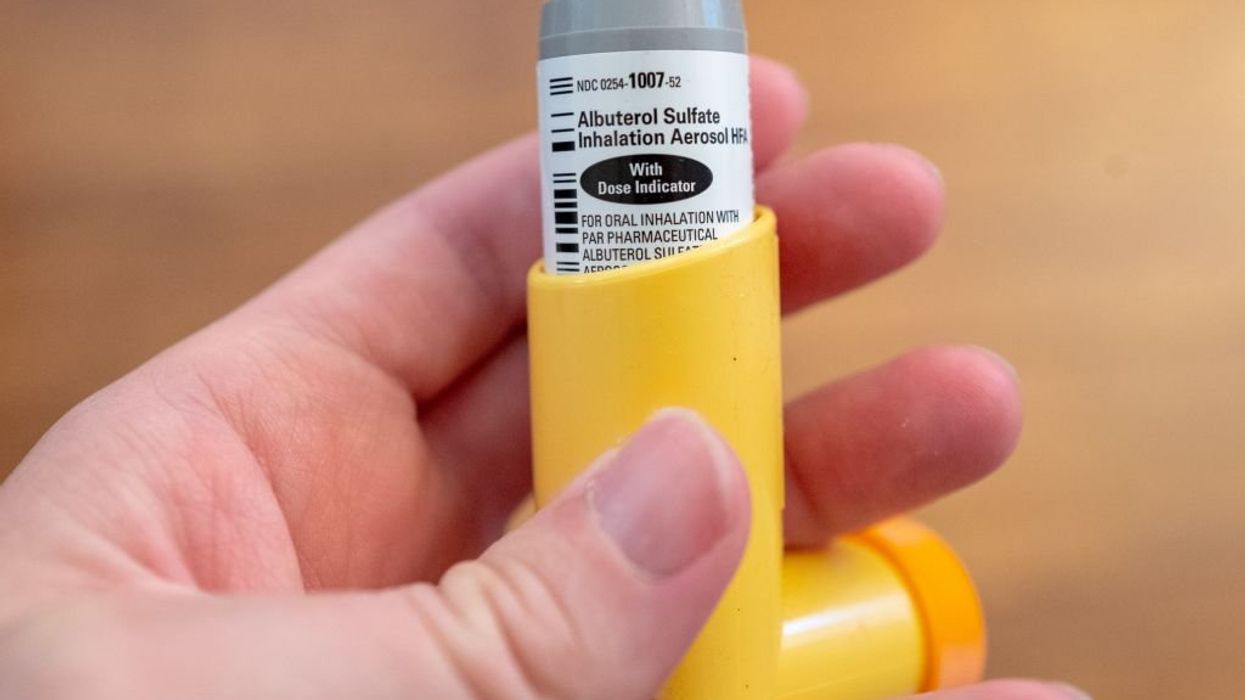
Photo by Smith Collection/Gado/Getty Images

Hospitals are sounding the alarm that the nation's supply chain issues are threatening to make the ongoing shortage of albuterol much worse, especially after one of the nation's major suppliers shut down last week.
Albuterol is one of the most commonly used-treatments for asthma and other respiratory issues. It is one of a class of medicines known as bronchodilators. It is used to prevent bronchospasm in patients with a wide variety of respiratory conditions, including emphysema and bronchitis. It has been in short supply since last summer, but hospitals warn that the shortage is about to get much worse with the news that Akorn Operating Company LLC, shut down operations last week after filing for Chapter 11 bankruptcy in 2020.
Akorn was the only company in the world to make certain products necessary for continuous nebulizer treatment. Akorn's shutdown has left exactly one domestic supplier of liquid albuterol, Nephron Pharmaceuticals. Nephron's albuterol has been on backorder for weeks, and although they began shipping orders last week, they are still far behind on fulfilling orders.
Nevertheless, the current most acute crunch has been the mixing solutions for the nebulizer machines used by hospitals. Dr. Eryn Piper, a clinical pharmacist at Children's Hospital of New Orleans, told CBS News that, "The big problem we've been hearing about is inhalation solutions, not really the inhalers, it's more like the solutions that go into the nebulizer machines for inhalation that the patients breath in."
Hospitals are already beginning to conserve doses of albuterol for patients who need it more acutely, and are concerned that if the shortage continues, patient health and lives may become impacted. The CBS report indicated that these shortages are not anticipated to be permanent and that production contingency plans are expected to resolve the situation hopefully later this year, but in the meantime, patients with respiratory issues have another reason not to breathe easy.
Leon Wolf
Former Managing Editor, News